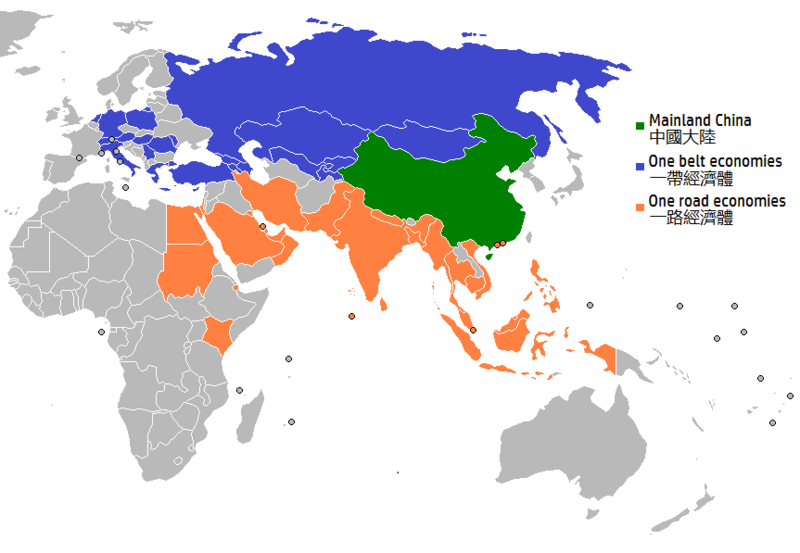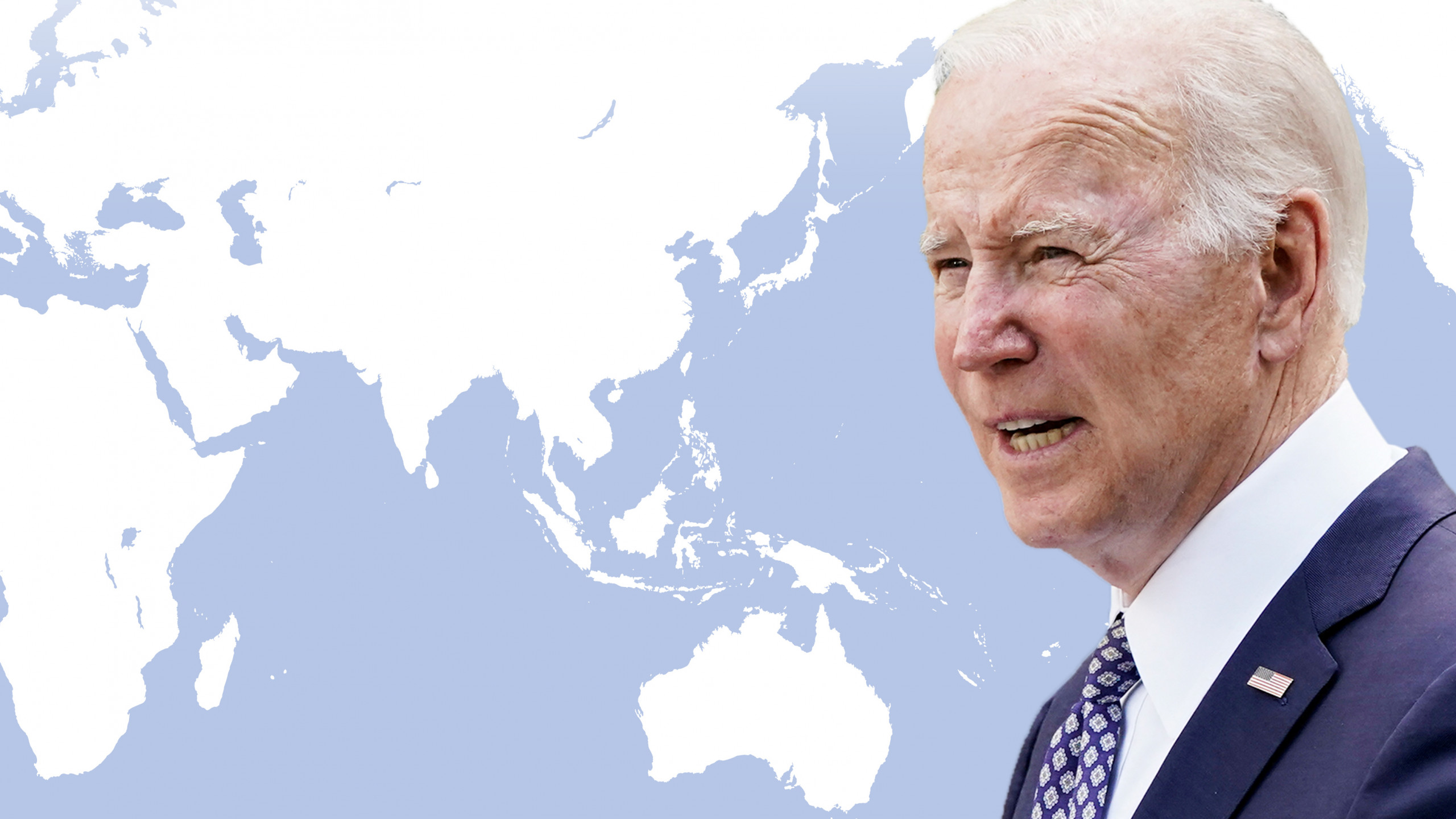The impact of Covid-19 on ASEAN countries, through interrupted supplies and quarantined workers.
The Covid-19, after the spread in China and the consequent severe restrictive measures, has also spread in ASEAN countries. That resulted in the shutdown of several productive establishments (as it happened in Cambodia for more than two-hundreds factories, which had their productivity interrupted because of the lack of Chinese raw materials). Furthermore, it caused the halt of important infrastructural projects, including those related to the Belt and Road Initiative, (BRI; the Chinese strategic project aimed to connect the Country and its economic partners through new strategical roads, railways and maritime thoroughfares)
ASEAN authorities are beginning to assess the damages due to the Coronavirus. Delays on BRI related projects, in particular, could hamper economic recovery in the next months.
In Indonesia, the Coordinating Minister of Maritime and Investment Affairs announced the delay of the 6 billion high speed railway that will link Jakarta to Bandung: 50% of the materials and 20% of the workers are from China. The construction of the 510 MW hydropower plant in Batang Toru was interrupted too.
Delays are also occurring in Cambodia, where BRI rendered Sihanoukville special economic zone, in the province of Preah Sihanouk, with the purpose of creating an ideal investment platform for companies in the ASEAN area. The project is suffering from a gradual lack of supplies from China, and it is seeing the offices of Chinese leaders remain empty. That will result in a further prolongation of the construction time and it will exponentially increase the costs. However, The Cambodian leader Hun Sen stays positive, hoping that the fabrication will resume after the first quarter of the year.
In Malaysia, up until one month ago, Malaysia Rail Link assured that the East Coast Rail Link – which is worth 10.4 billions and which will link Kuala Lumpur and Putrajaya to east coast states such as Pahang, Terengganu and Kelantan - wouldn’t have been subject of any delay. Due to the current decisions taken by Malaysian government, which put the state in a total lockdown, at least for the next 14 days it is not excluded that slowdowns or temporary interruptions will occur for the project, which is currently completed at 15% .
Instead, the virus is not slowing the China-Laos Railway down, due to be ready for 2021, that will transform Laos from a landlocked country into a terrestrial hub. The central administration had already decided not to interrupt for the Spring Festival: officials and workers have stayed on the construction site, sheltered from the Covid outbreak. Moreover, Chinese and Laotian engineers are starting to lay the foundations of the electricity line, the first BOT (build- operate-transfer) electricity grid in Laos, which will supply the railway.
BRI has a targeted completion date of 2049, but even this date seems to waver as the virus’s impact on economy will be felt for many years to come.
.
Articole edited by Gabriel Zurlo Sconosciuto






